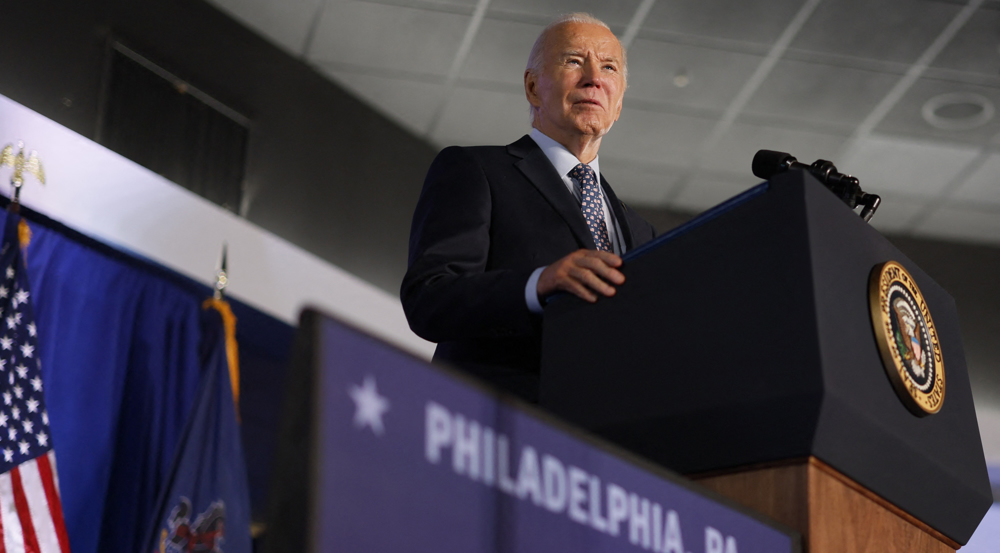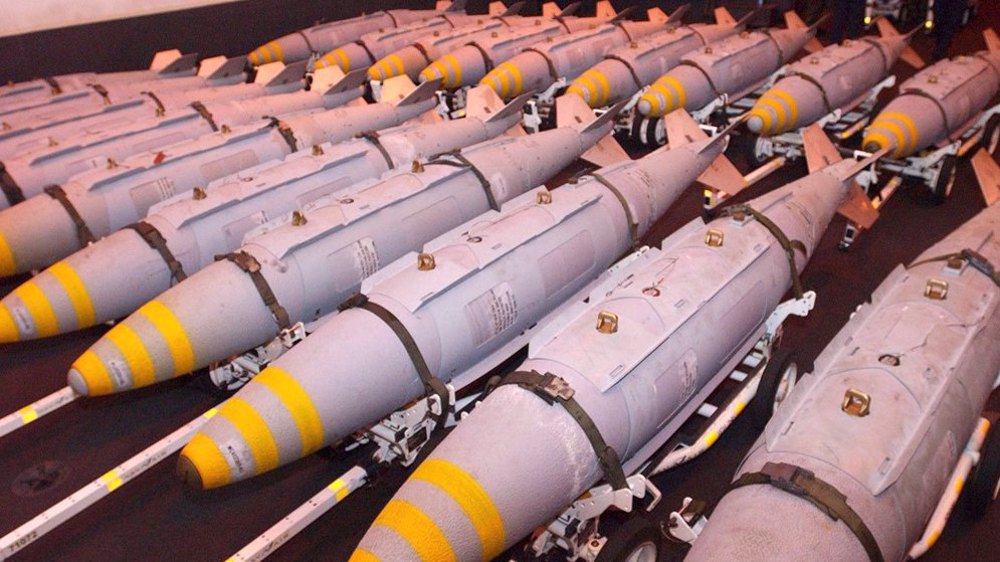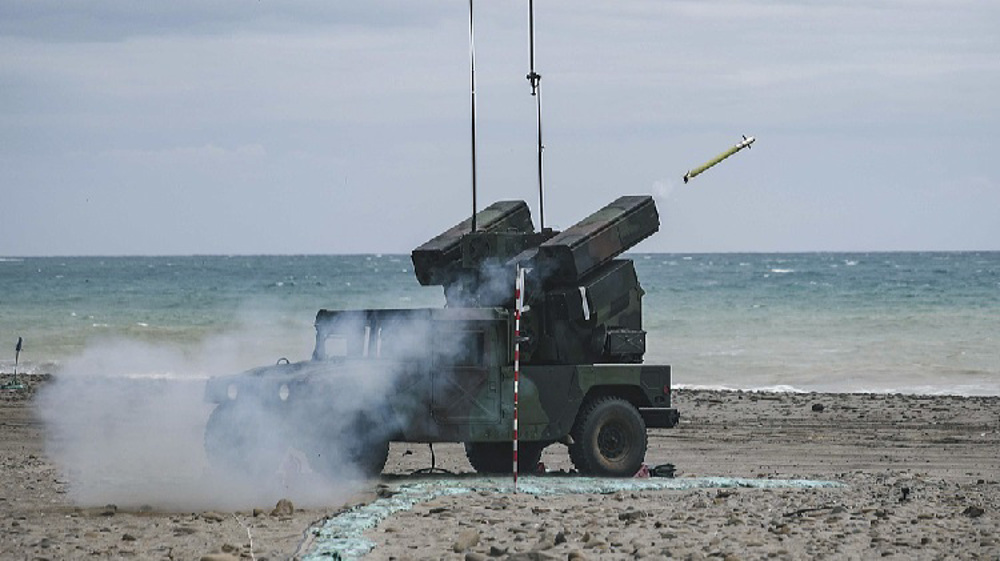North Korea tested hydrogen bomb on Sept. 3: US nuclear commander
The US general who is in charge of America's nuclear forces has confirmed that North Korea tested a hydrogen bomb earlier this month.
North Korea on September 3 announced it had conducted a “successful” hydrogen bomb test, hours after two tremors were detected in the country.
“The hydrogen bomb test was a perfect success,” North Korean state television said, adding that the device was capable of being loaded onto long-range missiles.
The United States had previously declined to characterize the test.
"When I look at the thing that size, I as a military officer assume that it's a hydrogen bomb. I have to," Air Force General John Hyten, head of the US military's Strategic Command, told reporters at Offutt Air Force Base in Nebraska on Thursday.
"I'm not a nuclear scientist, so I can't tell you this is how it worked, this is what the bomb was. ... But I can tell you the size that we observed and saw tends to me to indicate that it was a hydrogen bomb and I have to figure out what the right response is with our allies as to that kind of event,” he added.
After the September 3 test, the North Korean broadcaster said the nuclear test had an “unprecedentedly large power,” and that it “marked a very significant occasion in attaining the final goal of completing the state nuclear force.”

Hyten said, "The sheer destruction and damage that you can create with a weapon that size is significantly of a concern.”
The commander said that North Korea still had not shown that it had a reliable inter-continental ballistic missile (ICBM) that could deliver a nuclear warhead.
But he warned it was only a matter of time before North Korean scientists achieved their target.
"It's just a matter of when, not if," he said, adding it could be months or years.
North Korea’s leader Kim Jong-un ordered the production of more rocket warheads and engines last month, shortly after the United States suggested that its threats of military action and sanctions were having an impact on Pyongyang’s behavior.
Pyongyang says it will not give up on its nuclear deterrence unless Washington ends its hostile policy toward the country and dissolves the US-led UN command in South Korea. Thousands of US soldiers are stationed in South Korea and Japan.
Iran among top nuclear technology countries: AEOI chief
Democrats 'risk losing' election for backing Israeli war on Gaza, Lebanon: US journalist
Protesters remove busts of Israel's first president from Manchester Univ.
VIDEO | Hezbollah drones
US involvement in Israel’s 'regional war' unconstitutional, lawmakers tell Biden
107 years of Balfour Declaration that paved way for extermination of Palestinians
Hezbollah strikes Israeli military base near Tel Aviv
Palestinian media rights group condemns killing of two journalists by Israel


















 This makes it easy to access the Press TV website
This makes it easy to access the Press TV website